Have you ever felt like you are putting in the hours practicing your instrument but not seeing the progress you want? Or you are not sure how to structure your practice sessions to get the most out of them. If this sounds familiar, it is time to start keeping a music practice log.

As an aspiring musician, tracking your practice is one of the most powerful tools at your disposal. It helps you identify areas for improvement, set and achieve goals, and accelerate your musical growth. At Practicing Musician, we are committed to empowering musicians of all levels with the resources they need to succeed. That is why we have built practice logging into the core of our learning management system.
In this article, we will dive into the importance of maintaining a practice log and share tips for making the most of this invaluable tool. Whether you are a beginner just starting out or a seasoned player looking to take your skills to the next level, read on to discover how tracking your practice can transform your musical journey.
Why Practice Logs Matter
Think of it like this: if you were training for a marathon, you would not just head out for a run whenever you felt like it and hope for the best on race day. You would follow a training plan that gradually builds your endurance and speed. You would keep track of your mileage, pace, and how you felt after each run. This information would help you identify your strengths and weaknesses, adjust your training plan as needed, and cross the finish line faster.
The same principle applies to practicing music. When you log your practice sessions, you are gathering data that you can use to:
- Track your progress over time
- Identify areas where you need extra work
- Celebrate your accomplishments
- Adjust your practice strategies for better results
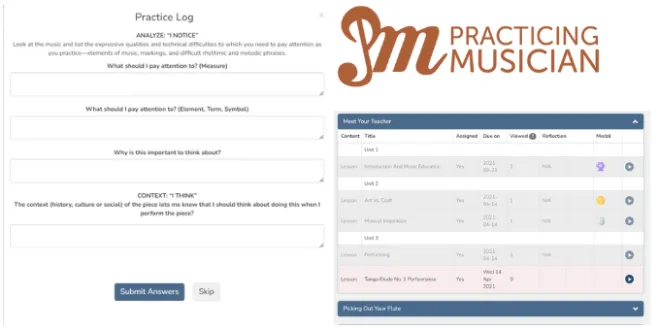
Plus, the simple act of writing down what you practiced and for how long can boost your motivation and accountability. It is easy to let practice slide when life gets busy, but having a log keeps your musical goals front and center.
Setting and Achieving Goals
Speaking of goals, a practice log is an invaluable tool for setting and achieving them. Whether you are working on mastering a specific technique, learning a new piece, or preparing for a performance, your log can help you break down your goal into manageable steps and track your progress along the way.
When setting a goal, it is important to make it SMART: Specific, Measurable, Achievable, Relevant, and Time-Bound. For example, instead of setting a vague goal like “get better at guitar,” you might set a SMART goal like “learn to play the first 16 bars of ‘Stairway to Heaven’ at 80% speed by the end of the month.”
Once you have set your goal, break it down into smaller action steps and schedule them into your practice sessions. Use your practice log to track your progress towards your goal. Did you hit your target for the day or week? If not, what obstacles did you face and how can you overcome them next time? Regularly reviewing your log will help you stay on track and adjust as needed.
Maximizing Your Practice
In addition to setting and tracking goals, your practice log can help you make the most of each minute you spend with your instrument. By keeping a record of what you worked on and for how long, you can start to identify patterns and optimize your practice routine.
For example, let us say you typically spend 30 minutes practicing scales and 30 minutes working on a new piece. But when you review your log, you realize that you are consistently making more progress on the piece than the scales. This might be a sign that you need to adjust your practice ratio to spend more time on scales and less on the piece.
Or you notice that you tend to get the most done in the first 15 minutes of your practice session before your focus starts to wane. Armed with this knowledge, you might try shorter, more frequent practice sessions, or use a timer to keep yourself on track.
The key is to use your log not just as a record of what you did, but as a tool for reflection and continuous improvement. Ask yourself questions like:
- What went well in this practice session? What did I struggle with?
- What do I want to focus on in my next practice session?
- How can I break down this challenge into smaller, more manageable steps?
By regularly reflecting on your practice and adjusting based on what you learn, you will start to see faster progress and more consistent results.
Leveraging Practicing Musician's Tools
At Practicing Musician, we believe that every aspiring musician deserves access to high-quality resources and support. That is why we have built practice logging into the core of our learning management system. Our age-appropriate practice logs were adapted from the Model Cornerstone Assessments, a set of research-backed tools for measuring student growth and achievement in music.
When you use Practicing Musician's practice logs, you are not just tracking your time and activities. You are also:
- Setting personalized goals aligned with your learning path
- Reflecting on your progress and identifying areas for improvement
- Getting feedback and support from our expert instructors
- Connecting with a community of like-minded musicians
Our practice logs are designed to help you take ownership of your musical journey and accelerate your progress. Whether you are learning on your own or as part of a group or class, our tools make it easy to stay organized, motivated, and on track.
Conclusion
Keeping a music practice log may seem like a small thing, but it can have an enormous impact on your musical growth. By tracking your time and activities, setting, and working towards goals, and reflecting on your progress, you will start to see faster improvement and more consistent results.
At Practicing Musician, we’re committed to empowering musicians of all levels with the tools and resources they need to succeed. Our learning management system, expert instructors, and supportive community are all designed to help you make the most of your practice and achieve your musical dreams.
So, if you are ready to play to the next level, start by grabbing a notebook or opening a spreadsheet and tracking your next practice session. And if you want to tap into the power of Practicing Musician’s tools and resources, sign up for a free account today. Your future self – and your audience – will thank you.



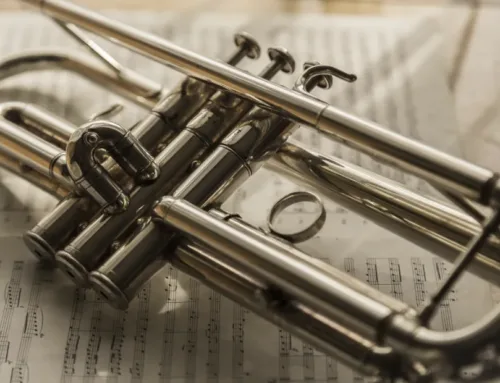
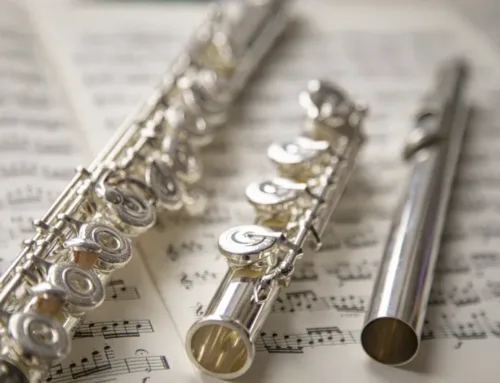
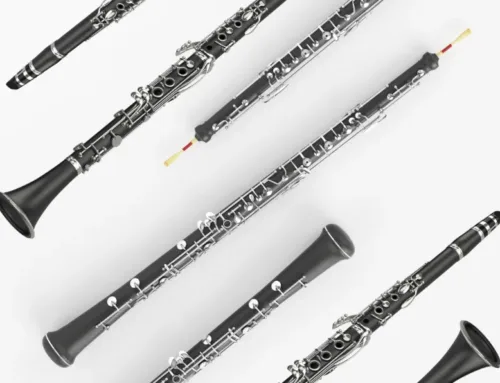
Leave A Comment
You must be logged in to post a comment.